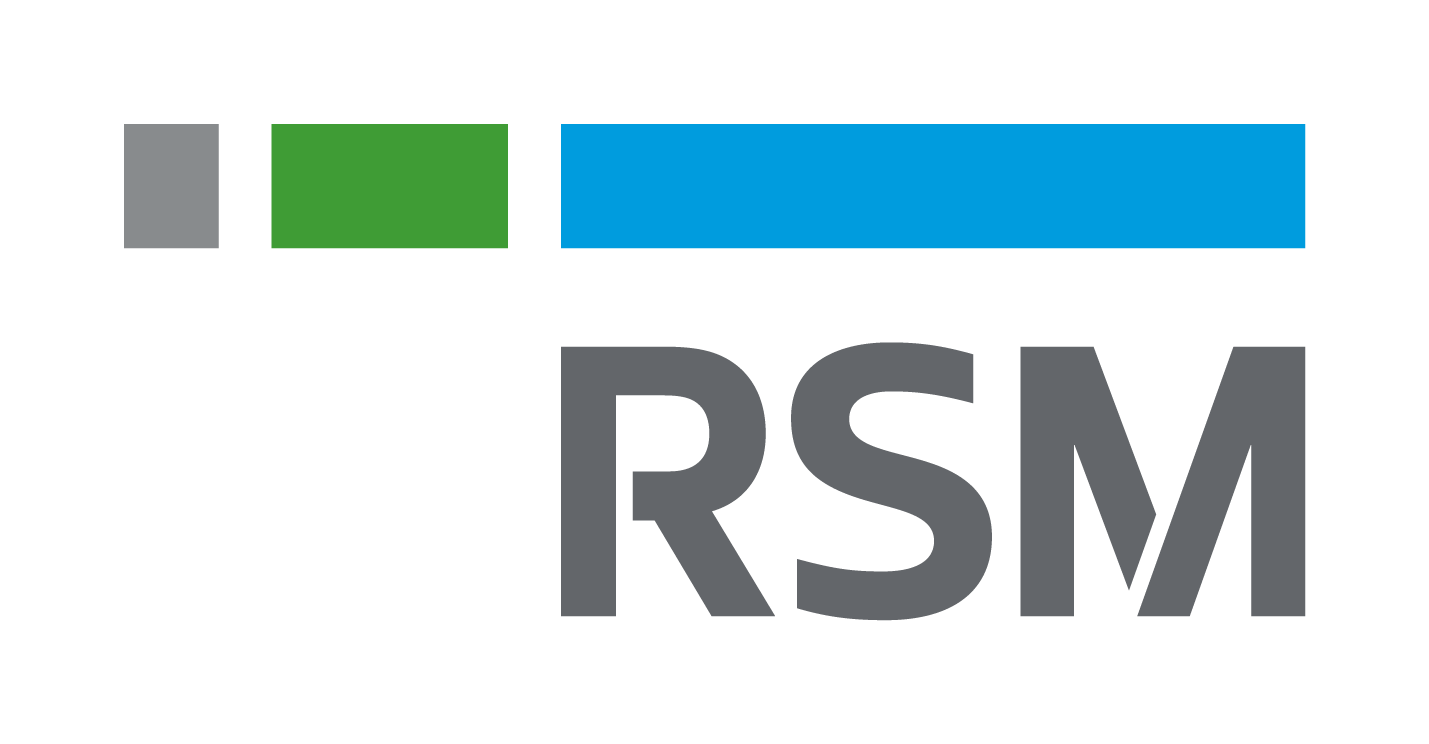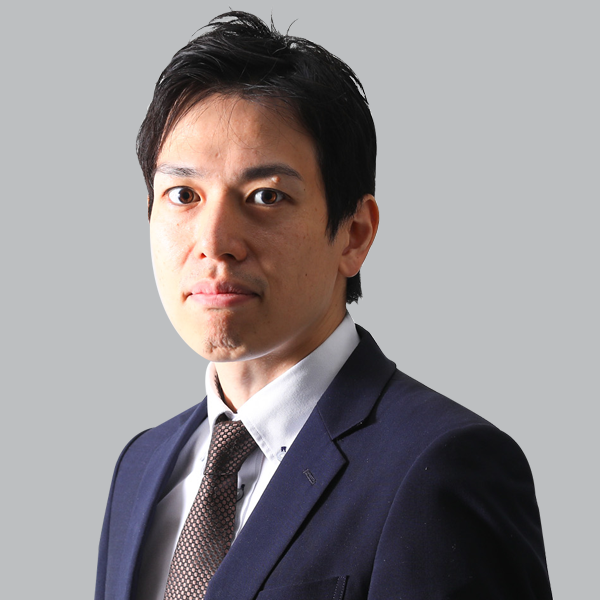Procedures to be Done After Establishing a Japanese Base
March 31, 2020
Question:
After establishing a company or branch in Japan, what should I do with regards to taxation, labor, etc.?
Answer:
After setting up your company or branch office in Japan, you have to submit various tax and labor notification documents. The addressee can be the tax office, prefectural tax office, municipal office, a Hello Work or Labor Standards Inspection Office, or a pension office.
<Tax>
• Submission of notification form to the tax office for national tax
• Submission of notification form to the prefectural tax office or municipal office for local tax
<Labor>
• Submission of notification form to a Hello Work or Labor Standards Inspection Office for labor insurance
• Submission of notification form to the pension office for social insurance
<Others>
• Submission of notification form to the Bank of Japan in accordance with the Foreign Exchange and Foreign Trade Act
Explanation:
After establishing a company or branch in Japan, it is necessary to submit written notifications on tax and labor matters.
Notifications related to tax
After incorporating a company or setting-up a branch office in Japan, you need to submit notification forms to local government units such as the tax office. There are some differences in what kind of notifications a newly-incorporated company and a newly-set-up branch office need to submit. The taxes paid by corporations in Japan are divided into national tax and local tax. The Taxation Office is the public institution in charge of the national tax, while the Prefectural Tax Office and municipal office are in charge of the local tax.
(1) For those who established a company
If a new corporation will be established in Japan, it is necessary to submit a “Notification of Incorporation of a Company” to the tax office and other offices (including the Prefectural Tax Office and municipal office) that has jurisdiction over the location of the head office within two months from the date of incorporation.
(2) For those who established a branch office
For a newly established branch office in Japan, there is a need to submit a “Notification of Acquisition of Status of Foreign Ordinary Corporation” to the tax office with jurisdiction over the location of the branch office.
For more information on tax-related filings, please refer to Q109.
Procedures related to labor and employment
(1) Notifications related to labor insurance
If you set up a company or branch office in Japan and hire one or more employees, it is necessary to apply for labor insurance. Labor insurance is divided into work injury insurance and employment insurance.
Work injury insurance refers to provision of necessary insurance benefits to protect affected workers and their bereaved family members if they become injured or ill due to work or commuting, or if they unfortunately pass away.
Employment insurance refers to provision of benefits to promote re-employment as well as stability of the lives of workers when there is a loss of employment due to retirement, or when an event occurs that makes it difficult for them to continue working due to deterioration in the performance of the company they are under.
For more information on labor insurance entry procedures, see Q123.
(2) Notifications related to social insurance
Even if there is only one representative director in Japan, it is generally necessary to apply for social insurance. This is divided into health insurance, welfare pension insurance, and long-term care insurance.
Health insurance is the guarantee system for injury, illness, birth, and death. When such an event occurs, the amount to be paid will be reduced, or a lump sum is given for childbirth.
Pension insurance is the guarantee system for life, disability, and death after retirement. In addition to old age pensions where you can receive accumulated pensions, there are also disability pensions and survivors’ pensions.
Long-term care insurance requires people over the age of 40 to join so that elderly people who require long-term care can receive care services. The procedures for health insurance and long-term care insurance are a set.
Especially in the case of foreign business owners, it is a point of concern whether or not their employees are enrolled under the social insurance system when it comes to their applications of acquisition and renewal of residence status.
Refer to Q124 for details on how to enroll for social insurance.
Notifications related to the Foreign Exchange and Foreign Trade Act
When the company is established, if the investment ratio of non-resident individuals or foreign corporations (including affiliated companies) is 10% or more, it will be considered an “inward direct investment” and it is necessary to submit a notification of such to the appropriate minister through the Bank of Japan before the 15th of the month following the company’s registration date. For details on the submission of this report, refer to Q129.
Contact Us






